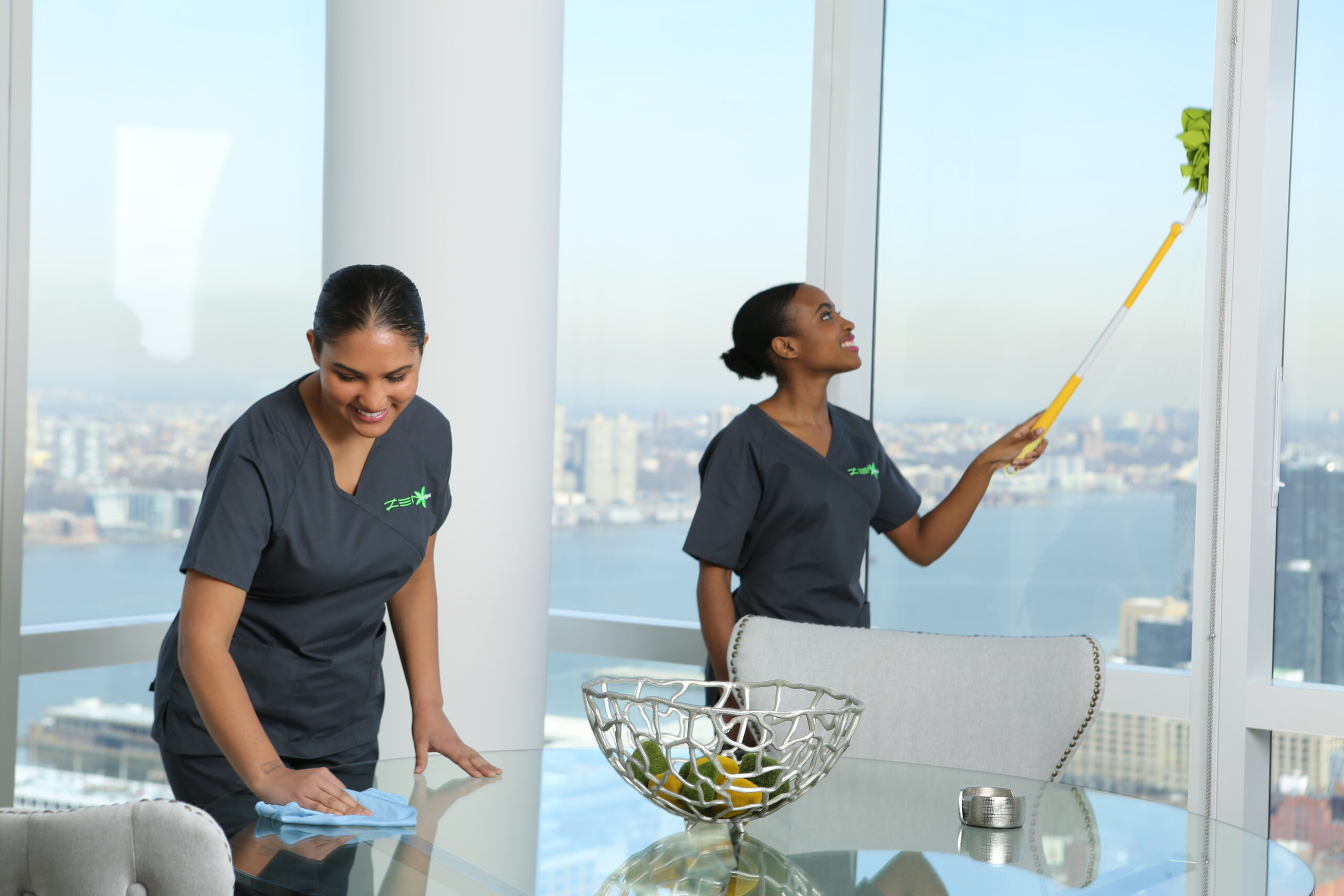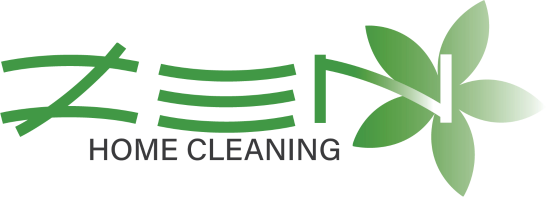
Dust, often dismissed as a minor nuisance, can pose significant health risks when it accumulates in our homes. In the bustling urban landscape of New York City, where apartments and houses are tightly packed, dust hazards are a pressing concern. This comprehensive guide will shed light on the hidden dangers of dust in NYC homes and provide you with actionable advice on how to safeguard your family’s health and improve indoor air quality.
The Hidden Dangers of Dust in NYC Homes
Dust may seem innocuous, but beneath its fine particles lie potential hazards that can impact your health and well-being. Understanding these dangers is the first step in creating a safe and healthy living environment in the heart of New York City.
The Silent Culprit: Dust Hazards in NYC Homes
New York City’s fast-paced lifestyle often leaves residents with little time to consider the hidden dangers lurking within their homes. Dust, a mixture of tiny particles from various sources, accumulates silently over time. These particles can include allergens, toxins, and even pathogens, making dust a potential health hazard.
The Health Risks of Dust Accumulation
Respiratory Troubles
Dust is a known irritant to the respiratory system. Inhaling dust particles can trigger or worsen conditions like asthma and allergies, causing coughing, sneezing, and shortness of breath.
Allergies Amplified
Dust mites thrive in the warm, humid environment of NYC homes. Their waste products can become airborne and exacerbate allergies, leading to itchy eyes, runny noses, and skin rashes.
Toxic Chemicals
Dust particles can carry toxic chemicals from household products and environmental pollution. Prolonged exposure can lead to serious health issues, including cancer and organ damage.
The Impact on Vulnerable Populations
Children, the elderly, and individuals with compromised immune systems are particularly susceptible to the hidden dangers of dust. Protecting these vulnerable populations becomes paramount in a city as diverse as New York.
How to Stay Safe
Now that we’ve uncovered the threats, let’s explore practical measures to minimize dust hazards and enhance home safety.
Creating a Dust-Proof Environment
Regular Cleaning Regimen
Implement a consistent cleaning routine that includes dusting, vacuuming, and mopping. Use microfiber cloths and vacuum cleaners equipped with HEPA filters to trap even the smallest dust particles.
Proper Ventilation
Ventilation is key to maintaining indoor air quality. Ensure that your home is well-ventilated, and consider using air purifiers to remove airborne particles.
Reduce Clutter
Minimize clutter and reduce the number of surfaces where dust can accumulate. This not only makes cleaning easier but also limits dust reservoirs.
Allergen-Proofing Your NYC Home
Invest in Allergen-Proof Bedding
Encase mattresses and pillows in allergen-proof covers to prevent dust mites from infiltrating your bedding.
Wash Bedding Regularly
Wash sheets, pillowcases, and blankets in hot water weekly to eliminate dust mites and allergens.
Safe Cleaning Practices
Choose Safer Cleaning Products
Opt for environmentally friendly cleaning products that contain fewer harsh chemicals. This reduces the risk of toxic dust particles in your home.
Wear Protective Gear
When cleaning, wear a mask and gloves to minimize your exposure to dust and cleaning chemicals.
FAQs
Q: How often should I clean my NYC home to minimize dust hazards? A: Aim for a thorough cleaning at least once a week, with regular dusting in between.
Q: Are air purifiers effective in removing dust particles? A: Yes, high-quality air purifiers with HEPA filters can significantly reduce airborne dust particles.
Q: Can dust be a concern in newer NYC buildings? A: Yes, even newer buildings accumulate dust over time. Regular cleaning and maintenance are essential.
Q: Are natural cleaning products as effective as traditional ones? A: Some natural cleaning products can be just as effective while being safer for your health and the environment.
Q: Can professional cleaning services help reduce dust hazards? A: Yes, professional cleaners have the expertise and equipment to deep clean your home and minimize dust accumulation.
Q: What are the signs that dust is affecting my health? A: Symptoms may include increased allergies, respiratory issues, or unexplained health problems. Consult a healthcare professional if you suspect dust-related health issues.
Conclusion
In the city that never sleeps, it’s easy to overlook the hidden dangers that dust can bring into our homes. However, by understanding the health risks associated with dust accumulation and implementing practical safety measures, you can ensure a healthier and safer living environment for you and your family. Take action today to protect your loved ones from the silent threat of dust in NYC homes.
